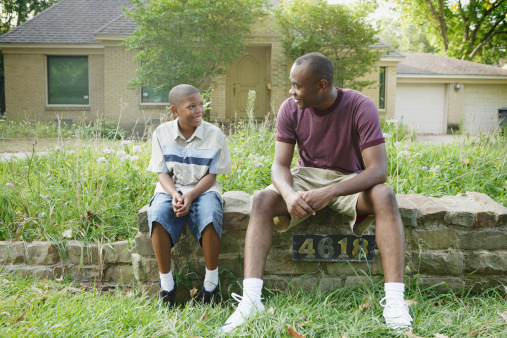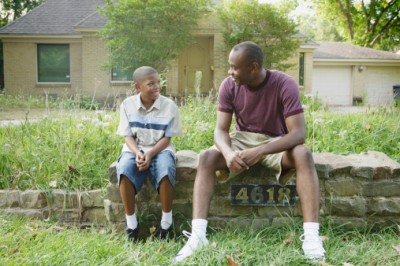
Your child revealing their sexual preference can be a personal challenge. Here are some words of advice to help you come to grips with the news.
Nothing quite prepares us for the words “Mom, Dad, I’m gay.”
You may be in shock, fear for the future, angry and confused, but reacting this way can have painful results. Very often children come out to their parents because they need your support to cope in society.
Parents react differently – often mothers will accept their child’s sexuality sooner than fathers, who can react very negatively. “As a man, I felt like I had been kicked in the stomach,” says Musa. “My son is my legacy – to carry on the family name by having his own children. I felt like that dream had been extinguished.”
So what reactions can you expect to experience? A senior counsellor at Families South Africa (FAMSA) confirms that emotions and reactions can rage on for a long time, and each parent handles them differently. The normal emotions are:
Disbelief/denial
You cannot believe your child is homosexual as it is against family values.
Shock
Especially if the news is unexpected.
Anger
You may feel angry because you feel ashamed and aggression is your way of showing this.
Shame
Not knowing how to handle the situation, and possible stigmatisation in the community.
Hurt
Why did your child not trust you enough to disclose their sexual orientation earlier?
Guilt
In some cases, parents blame each other, e.g. being absent, too controlling, and so on.
Grief
Once parents start to come to terms with the sexual orientation of their child, they experience feelings of grief caused by the realisation they will possibly never have “true” grandchildren.
Research conducted by Brown and Steyn in 2010 concluded that parents found it difficult to come to terms with their children’s sexual orientation due to a number of reasons, including: stigmatisation by the community; the view that it is ‘unAfrican’; the view from the church that it is a sin; and feelings of guilt on behalf of the parent, blaming themselves for their child’s sexual orientation.
Other than genetic reasons, which argue that a child is born with an alternative sexual orientation, it has been known for a child’s sexual identity to sometimes stem from childhood pain – with parents inadvertently contributing to this pain. The boy who was (unknown to his parents) sexually abused by his uncle, the girl who was molested and decided never to trust men again and the boy who grew up overprotected by his single mother are examples of such scenarios. This, however, does not mean you are a bad parent. While some argue that sexual orientation can be a genetic predisposition, others believe it is a social construct and an individual’s choice. Either way, your child’ sexual orientation should have no bearing or consequence to the nature of your relationship.
Moving forward
- Come to terms with your own shock and disbelief before discussing your child’s sexual identity.
- Listen to your child, without condemning them. Attempt to understand what your child is saying and reassure them you understand.
- Do not reject your child or become aggressive towards them. As difficult as it may be, take time to think things through before you react. You want to encourage communication, and reacting badly will lead to a breakdown in communication.
- Avoid criticism and blame – these only strain communication – you need a clear channel of communication to support your child.
- Do not blame yourself for your child’s sexual identity. Accept and understand that you are not responsible.
- It is important for you and your child to look at a way forward and not keep living in the past.





